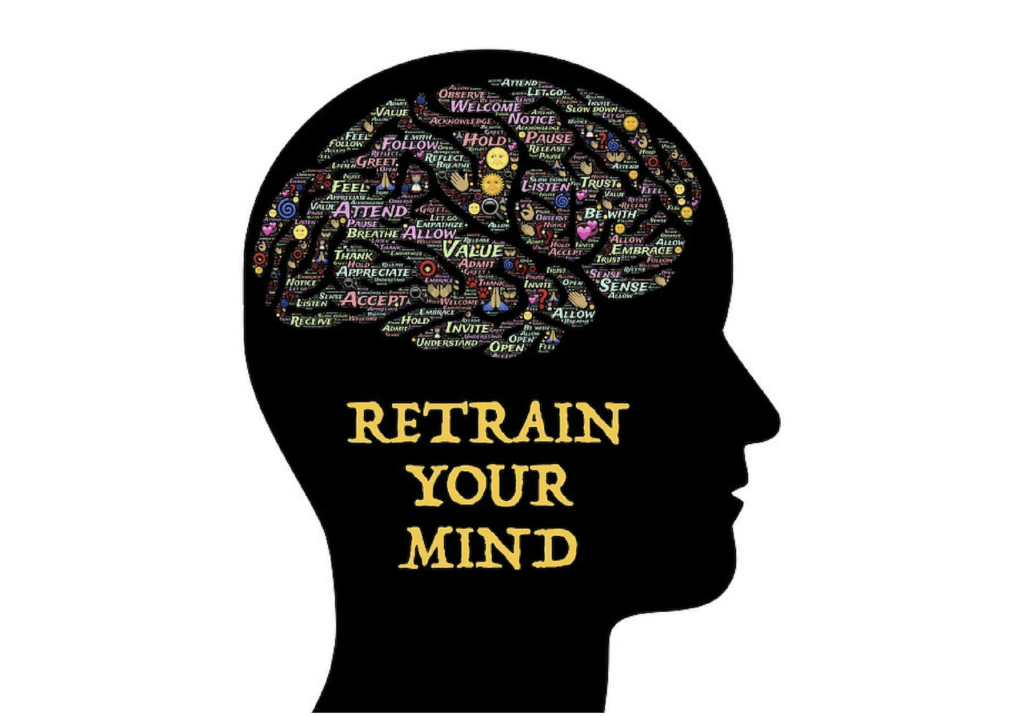MBCT (Mindfulness-Based Cognitive Therapy) is a kind of psychotherapy that has been proven to be effective in the treatment of depression, anxiety disorders, and chronic pain. The development of MBCT began when Jon Kabat-Zinn was exploring ways to apply Buddhist teachings on mindfulness to Western psychology.
This blog post will explore what MBCT is, how it works, what you can expect during your session with an MBCT therapist, techniques used in this form of therapy, limitations, and concerns about this approach as well as criticism from professionals in the field.
Contents
What Is Mindfulness-Based Cognitive Therapy?

MBCT is a combination of mindfulness and cognitive therapy. Mindfulness meditation helps you to become more aware of your thoughts, feelings, and emotions so that you can respond skillfully rather than reacting on impulse or engaging in destructive behaviors such as substance abuse.
Once people learn the skills needed for mindful self-awareness, they can then apply these skills to their thoughts and feelings. Cognitive therapy techniques help you to identify and challenge your negative thoughts so that you can develop a more realistic view of yourself and the world around you.
History And Development Of MBCT

Although mindfulness has been around for centuries, it was Jon Kabat-Zinn who introduced the concept of MBCT to Western psychology. He had an opportunity to bring his mindfulness meditation practice into a medical setting. So, he began exploring ways that Buddhist teachings on mindfulness could be applied to cognitive therapy techniques. It was basically to help his patients manage their chronic pain more effectively. So, he worked with people who were dealing with stress-related health issues and found that teaching them mindfulness techniques helped tremendously in their healing process.
How Does Mindfulness-Based Cognitive Therapy Work?
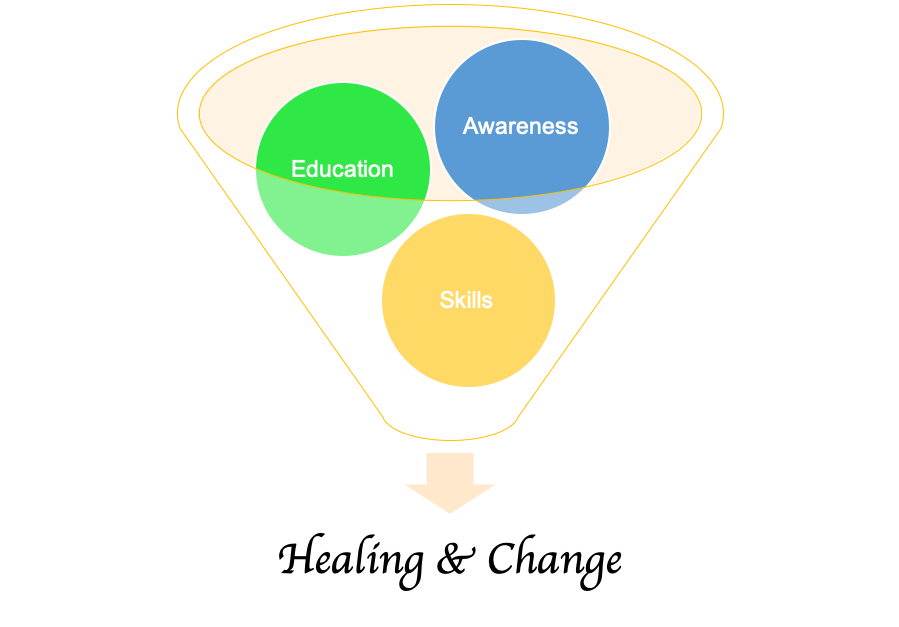
The basic premise behind MBCT is that thoughts and feelings can trap us in a vicious cycle of suffering. For example, if we ruminate on negative thoughts about ourselves, this can lead to depression or anxiety. MBCT helps people become aware of these patterns of thinking and feeling so they can break the cycle.
Techniques Used In MBCT
Mindfulness Meditation
MBCT relies heavily on mindfulness meditation. This is a form of meditation that involves focusing your attention on the present moment. You may be asked to focus on your breath, bodily sensations, or sounds in your environment.
Cognitive Therapy Techniques
- MBCT therapists often use cognitive restructuring techniques to help people challenge their negative thoughts and beliefs. (Problem-solving)
- They may also use behavioral activation exercises to encourage people to engage in more positive activities. (Behavioral Activation Exercises)
What Is The Benefits Of MBCT?
- MBCT can help people to become more aware of their thoughts and feelings, which can lead to a reduction in symptoms of depression, anxiety, and chronic pain.
- MBCT may also help people to develop a more positive outlook on life, increased self-compassion, and better problem-solving skills.
What Can You Expect In A MBCT Session?
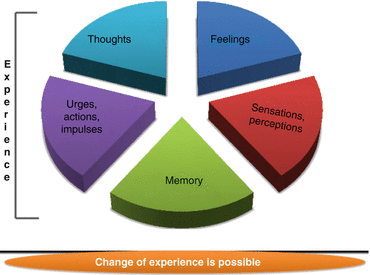
Duration
MBCT sessions may be longer than traditional therapy sessions and last about 60 to 90 minutes. Some people find it helpful to do a formal mindfulness meditation practice at home before their session with an MBCT therapist. There are also educational components like describing thoughts and feelings in a journal.
Technique
In an MBCT session, you will be asked to focus on your breath and notice any physical sensations or thoughts that come up. The therapist will help you understand these thoughts and feelings, how they work together to influence your behavior. You can expect an MBCT therapist to ask questions like “How was that for you?” or “What did you notice?”
Resources
MBCT therapists may use handouts or worksheets to help their clients identify automatic thoughts, core belief statements, and behavior patterns that are keeping them stuck. They also encourage people to practice mindfulness meditation at home between sessions to experience more benefits from treatment.
Issues Treated With MBCT
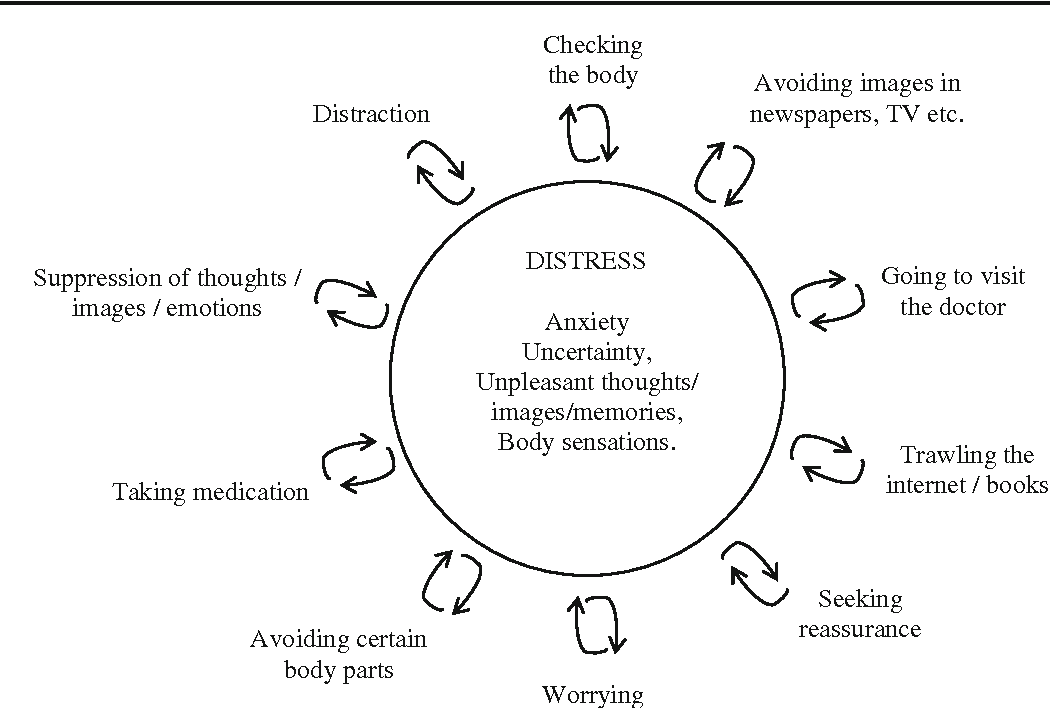
MBCT is effective in the treatment of depression, anxiety disorders, and chronic pain.
Depression
MBCT is an effective treatment for depression. In a study of people with recurrent depression, MBCT was found to be more effective than antidepressants in preventing relapse.
Anxiety Disorders
MBCT has also been shown to be helpful in the treatment of anxiety disorders. A study that compared MBCT to traditional cognitive therapy found that MBCT was more effective in reducing anxiety symptoms.
Chronic Pain
MBCT is helpful in the treatment of chronic pain. A study that compared MBCT to relaxation training found that MBCT was more effective in reducing pain intensity and unpleasantness.
What To Look For In an MBCT Therapist?
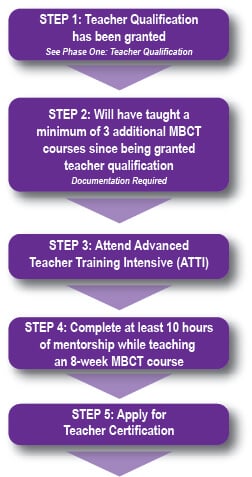
Education and Training
MBCT therapists are typically psychologists or other mental health professionals who have completed a mindfulness-based training program. They may also be medical doctors, social workers, occupational therapists, psychiatrists, or counselors.
Certification
A therapist can become certified as an MBCT clinician by attending an intensive two-day training program and completing a supervised practice.
Experience
When looking for a therapist, it is important to consider their experience with MBCT. Therapists who have been trained in MBCT and have experience using the technique are more likely to be effective in treating mental health disorders.
Training And Certification
There are two main certifications for MBCT therapists:
- The first is the Mindfulness-based Professional Training Certificate (MPTC). To receive this certification, you need to complete a 300-hour training program that includes 100 hours of supervised clinical practice. You also need to pass an examination.
- The second certification is offered by the UK-based Oxford Mindfulness Centre. To receive this certification, you need to complete an eight-week training program that includes 40 hours of teaching experience. You also need to pass an examination.
Limitations And Concerns About MBCT
There are a few limitations and concerns that have been raised about MBCT.
- First, it is not clear how MBCT compares to other treatments for depression and anxiety.
- Second, some people may find it difficult to engage in mindfulness meditation or cognitive restructuring exercises.
- Third, there is not enough research on the long-term effects of MBCT.
- Fourth, MBCT may not be appropriate for people with severe mental illness.
NOTE: MBCT is also a relatively new treatment and more research is needed to determine its long-term effectiveness.
The Other Alternative To MBCT
MBCT is not suitable for everyone. Some people are unable to meditate or have an extremely busy mind that makes it difficult to focus on the present moment. If you struggle with meditation, another form of therapy like cognitive-behavioral (CBT) could be more helpful. CBT therapists will usually ask questions about your thoughts and feelings, and provide practical tips to help you manage them.
Professionals’ View in MBCT

There is growing interest in mindfulness-based therapies, and many professionals are now offering MBCT courses and training. However, there is still some disagreement about how effective these treatments are.
Some experts believe that mindfulness-based therapies can be helpful for a wide range of mental health problems. Others suggest that these therapies may be most useful for people who are not responding to other treatments.
Criticism of MBCT
Critics have raised several concerns about the effectiveness and safety of mindfulness-based therapies in general:
- First, they may not be as effective as other treatments for depression and anxiety. For example, one study found that CBT was more effective than MBSR at treating generalized anxiety disorder. Another meta-analysis found that MBCT was no more effective than other active treatments for preventing relapse in people with major depression.
- Second, some people may find it difficult to engage in mindfulness meditation or cognitive restructuring exercises. In particular, people with a history of trauma may be at risk for adverse effects from using these techniques.
- Third, there is not enough research on the long-term effects of MBCT.
- Fourth, mindfulness-based therapies may not be appropriate for people with severe mental illness.
- Finally, there is some concern that these therapies may be harmful to people with a history of trauma.
Conclusion
Mindfulness-based cognitive therapy is a promising treatment for depression and anxiety. However, more research will determine its effectiveness compared to other treatments. It may be beneficial for people who do not find it difficult to engage in traditional cognitive therapy or mindfulness meditation. However, there are some limitations and concerns that one should bring into consideration before starting MBCT therapy. People with a history of trauma may want to be cautious when using these techniques. Professionals who want to learn more about MBCT should seek out training and certification from an accredited program.
If you are looking for affordable Online Counseling MantraCare can help: Book a trial therapy session
